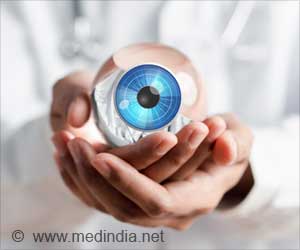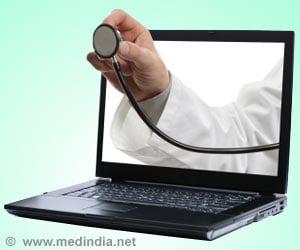A pocket-sized microscope that may prove useful for diagnosing diseases like malaria in the developing world has been developed by researchers at the California Institute of Technology in Pasadena.
They say that the new powerful microscope, dubbed an optofluidic microscope, can be built onto a single image-sensing chip, and that it does not need any lenses."Because the image processing that's needed is trivial in computing terms, we could build the microscope into an iPod-sized device with an LCD display," New Scientist magazine quoted Changhuei Yang, who led the team behind this breakthrough, as saying.
"The 10dollar chip would be a disposable, like an inkjet cartridge, and the whole thing would fit into a clinicians' back pocket," he said, adding that a disposable sensor would reduce the risk of contamination between samples.
Yang has revealed that he relied on CCD technology, which is commonly used in digital cameras, and a computer program to develop the miniaturised microscope.
So far, the new approach has allowed his team to image sub-micrometre features of algae, nematodes, and pollen.
Yang is upbeat that his device can succeed on the commercial market, suggests a research article in the journal PNAS.
Advertisement
Yang is currently in discussion with biotech companies to mass-produce the chip.
Advertisement
"We could build hundreds or thousands of optofluidic microscopes onto a single chip, which would allow many organisms to be imaged and analysed at once," says Xiquan Cui, a graduate student associated with the project.
Yang envisions the incorporation of the microscope chips into devices that are implanted into the human body in the future.
"An implantable microscope analysis system can autonomously screen for and isolate rogue cancer cells in blood circulation, thus, providing important diagnostic information and helping arrest the spread of cancer," he said.
Source-ANI
RAS/L









